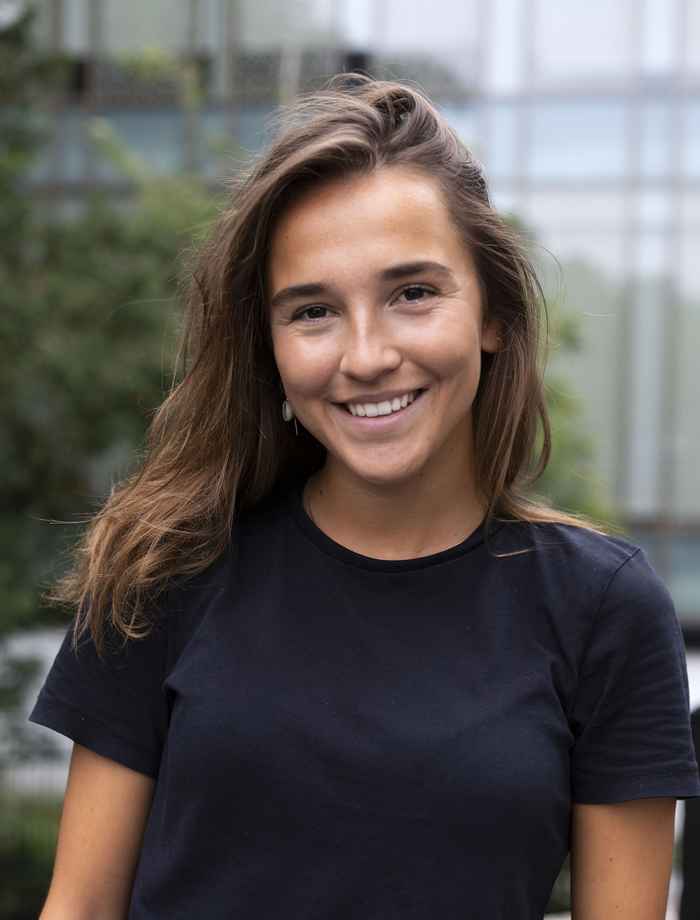Beyond the Books: Inside PPLE's Holistic Student Development Programme
An Interview with Coordinator Jennifer Reinhard
27 February 2024

In what ways does the 'What You Don’t Learn in School' programme align with PPLE's broader mission and values?
At PPLE, we are committed to provide students with the best possible education. This means on an academic level, but also on a personal level. Students come into PPLE with so much to learn. It's not just about their academic journey; they're entering a phase where they must grasp the nuances of effective planning and communication, productivity and self-care. They're navigating through questions like, 'How do I make decisions about my future career?' and 'How do I maintain a healthy balance striving for my goals while taking good care of my mental health?'
This is how the WYDLIS programme aligns with PPLE’s broader mission and values. We care not only about academic development, but also how PPLE students relate to themselves, each other, and the world around them.
Considering the diverse and ambitious nature of PPLE students, how does the 'What You Don’t Learn in School' programme cater to their specific needs and expectations?
When students arrive at PPLE, usually they are living on their own for the first time. Managing their newfound independence while navigating a new study and building a new social life is a lot. In the classroom setting, lecturers and tutors are there to help students take in the course material, and they learn how to apply the material so that they can gain study points. Study advisers offer help on an individual basis to manage study progress and personal issues. But what was missing was a framework tailored to help students navigate personal growth, cope with the challenges of their particular life stage and adopt skills that are useful in academics, personal endeavours, and future careers.
The trainers of the programme offer tools and resources that students can use to reflect on their experiences, reach out to others, think about a challenge in a different way, and come up with new strategies to grapple with challenges. In addition, many PPLE students put themselves under a great deal of pressure to meet their high expectations regarding their study results, fitting in and their plans for the future. The WYDLIS programme also pays particular attention to these aspects.
How has the 'What You Don’t Learn in School' programme evolved since its inception, and are there any plans for expansion / enhancements / change in the future?
We have been developing and refining the programme every year and more facilitators from PPLE and beyond have joined in. Starting in 2022, the programme has been shaped with valuable input from two student assistants, contributing an important perspective.
For the future, we are looking into designing a 3-part programme for the first and second years, in which each part is designed for the challenges that arise in that specific phase in the PPLE journey.